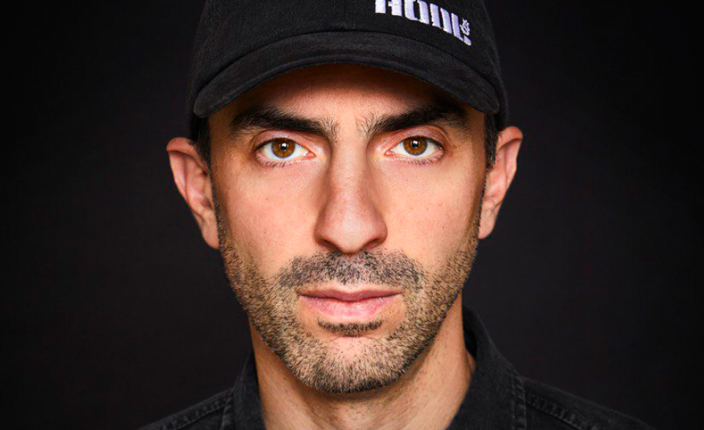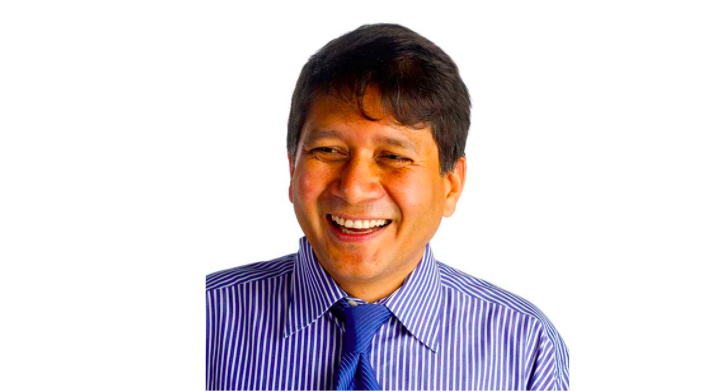 Blog
BlogEven if the Creator Would Come Back : Interview with Tadge Dryja from MIT DCI ③
As much as I want to know, no one knows about Satoshi Nakamoto or how he was able to disappear so well. Developers don’t look into it or care about who he is or where he is. It's really easy to prove who he is if he wanted to do that, and he can do it with just a couple of messages online, but he is not and is also gone now. At this point, it’s been so long so even if he would come back again and claim that Bitcoin is his invention, make it official by signs some papers, no one will listen to him or follow him. If he would say “let’s change Bitcoin this way”, everyone will say “no”. It's like the Lightning Network I wrote and development together with Joseph Poon, and now no one listens to me. Even if I suggest something to be done in a certain way, there are so many others who are working on it now, and much more than me that it doesn't matter who invented it or developed it in the beginning. The same goes for Satoshi and Bitcoin.
















